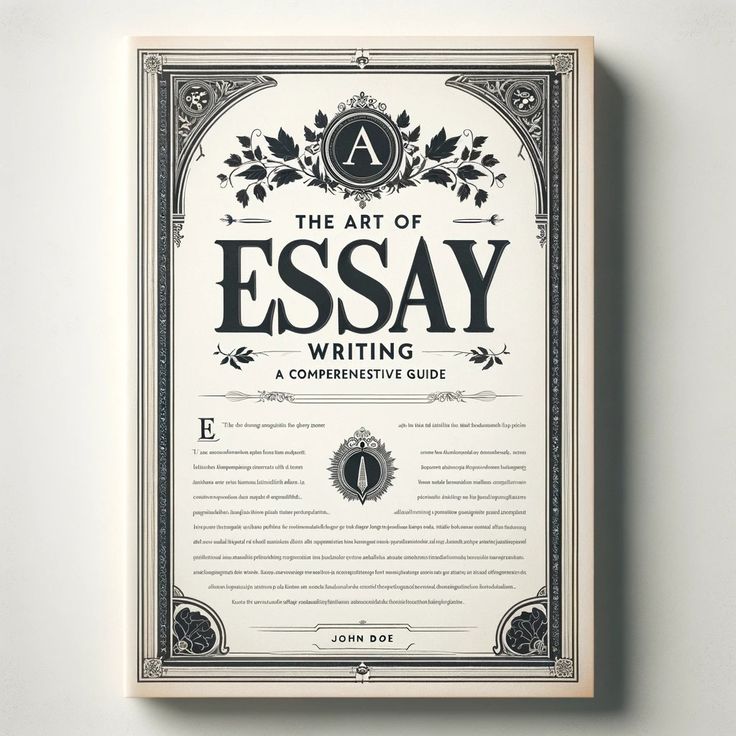The Theory of Knowledge (TOK) essay is a critical element of the International Baccalaureate (IB) Diploma Programme. It challenges students to reflect deeply on the nature of knowledge, how it is acquired, and how it shapes the world around us. Every year, the IB releases six prescribed titles, which are specific questions students must explore. The May 2018 TOK Essay Titles were designed to test students’ ability to engage with complex philosophical issues, to critically evaluate different areas of knowledge (AOKs), and to examine the ways in which knowledge is constructed, understood, and communicated.
In this article, we will take a deep dive into the six prescribed titles from May 2018, discussing their implications, how to approach them, and what makes them compelling. Each of these titles encourages a unique perspective on knowledge and challenges students to engage with epistemological questions in creative and thought-provoking ways.
1. “To what extent does the way we describe something affect how we know it?”
This first title raises an interesting question about the relationship between language and knowledge. Language, as one of the main ways of knowing (WOKs), plays a significant role in shaping how we understand the world. It begs the question: does the way we describe something change how we know it? Think about how the same concept can be understood in different ways depending on the words used to describe it. For instance, when we describe a historical event, our choice of words—whether we call it a “rebellion” or an “insurrection” or a “revolution”—can frame the entire way we interpret the actions and motivations behind that event.
Students who chose this title explored the ways in which language can both clarify and obscure meaning. For example, in science, the naming of diseases or phenomena can influence public perception and societal responses. Similarly, in the arts, the language used to describe a piece of art can shape how audiences interpret the piece. Language, therefore, is not just a tool for communication but a key instrument in the production and transmission of knowledge.
When approaching this essay, students needed to critically assess the role of language in knowledge creation across different AOKs, particularly in the human sciences, history, and the arts. The question also opened the door for students to explore the limitations of language, considering how certain knowledge might be lost or misrepresented due to the inadequacies of language.
2. “Are interdisciplinary approaches to knowledge productive?”
This title pushed students to think about the value of integrating different areas of knowledge. The world is increasingly complex, and many of the most pressing issues, such as climate change, global health, and technological advancements, require an interdisciplinary approach. So, are interdisciplinary approaches to knowledge effective and productive? Or do they simply lead to confusion and fragmentation?
This question required students to evaluate the benefits and drawbacks of interdisciplinary work. For instance, interdisciplinary collaboration can lead to innovative breakthroughs, as different disciplines bring their unique perspectives to the table. A good example is the field of environmental science, which combines biology, chemistry, physics, and economics to develop solutions to environmental challenges.
However, some students might argue that interdisciplinary approaches can dilute the depth of knowledge in each individual field. For instance, while combining philosophy and science can provide a more holistic view of ethics in scientific experimentation, it might also lead to misunderstandings if key concepts from each discipline are not adequately understood.
In this essay, students had to evaluate both sides of the debate, using concrete examples from different AOKs. This essay provided a chance to explore how knowledge is categorized and how boundaries between disciplines shape the way we understand complex problems.
3. “Does the balance between shared and personal knowledge vary across different AOKs?”
The distinction between shared knowledge (knowledge that is accessible to everyone, such as scientific facts or historical events) and personal knowledge (knowledge derived from personal experiences, intuitions, or perceptions) is a fundamental concept in TOK. This title asked students to explore whether the balance between these two types of knowledge varies across different areas of knowledge.
For example, in the natural sciences, shared knowledge often dominates, as scientists build on established theories and empirical evidence. However, in areas like the arts, personal knowledge can play a much larger role. In the world of literature, for example, a personal interpretation of a novel may be just as valuable as the collective analysis of critics. Similarly, in ethics, personal knowledge (shaped by individual moral experiences) can often be just as influential as shared knowledge from societal norms.
This question encouraged students to think critically about how the nature of knowledge changes depending on the AOK, and to assess whether some areas of knowledge rely more on shared knowledge than others. It also opened up discussions about how personal experience shapes one’s understanding of the world, especially in subjective fields like the arts or ethics.
4. “Are some types of knowledge more useful than others?”
In this essay, students were tasked with questioning the utility of knowledge across different fields. Some knowledge, such as mathematical or technological knowledge, is often seen as more immediately practical—it can be applied directly to solving real-world problems. In contrast, other types of knowledge, like philosophical or ethical knowledge, may not seem as directly applicable but are just as important for understanding and navigating the world.
This question required students to reflect on the relative value of different types of knowledge. For instance, is scientific knowledge more valuable than moral knowledge, or does the value of knowledge depend on the context in which it is applied? In a world where technological progress often takes precedence, this question is particularly relevant, prompting students to think about the role of ethics and philosophical inquiry in shaping society.
Students who took this approach could explore real-world scenarios where different types of knowledge were in competition, such as debates about artificial intelligence or climate change, and reflect on how different AOKs intersect to shape decisions.
5. “Is bias inevitable in the production of knowledge?”
This title taps into the pervasive issue of bias in the production of knowledge. Whether in science, history, or the media, bias can influence how knowledge is generated and disseminated. This essay required students to explore whether bias is an inherent part of knowledge production or whether it can be eliminated through objectivity and rigorous methodology.
Students explored different types of bias, such as cultural bias (where a certain culture’s views dominate), confirmation bias (where evidence is selected to confirm pre-existing beliefs), or gender and racial bias (which can skew research findings). They were also encouraged to reflect on the possibility of bias in knowledge systems like the natural sciences, where objectivity is often considered a key tenet.
The essay invited students to discuss how bias affects the reliability of knowledge and to explore whether it is possible to produce objective knowledge in any field. The exploration of this topic allowed students to dive deep into the ethical implications of knowledge production and question the notion of “absolute truth.”
6. “What role do imagination and evidence play in the development of knowledge?”
The final title examines two crucial components of knowledge creation: imagination and evidence. It challenges students to consider how both imagination and evidence contribute to the development of knowledge and how they interact with each other. In the sciences, evidence is paramount for testing hypotheses, but imagination plays a critical role in generating new ideas and theories.
In contrast, in areas like the arts, imagination is often the primary driver of knowledge, while evidence plays a secondary role. Students could use examples from both fields to explore how imagination and evidence work together to produce knowledge. For instance, Einstein’s thought experiments in physics are an example of how imagination can lead to groundbreaking discoveries, while empirical evidence later validates those ideas.
This title required students to balance the abstract (imagination) with the concrete (evidence), showing how both elements are necessary for advancing knowledge across various AOKs.
Conclusion
The TOK Essay Titles May 2018 offered a challenging and thought-provoking array of questions that explored the foundations of knowledge itself. From the relationship between language and perception, to the role of bias and imagination in shaping knowledge, these questions pushed students to engage deeply with epistemological issues and develop critical thinking skills. These titles were not just academic exercises; they were an invitation to explore how we come to understand the world and how knowledge, in its many forms, influences our lives.
For students preparing for the TOK essay, these questions provided a springboard for intellectual exploration. They tested not just knowledge of the world’s facts, but the very way in which we construct and interpret those facts.



